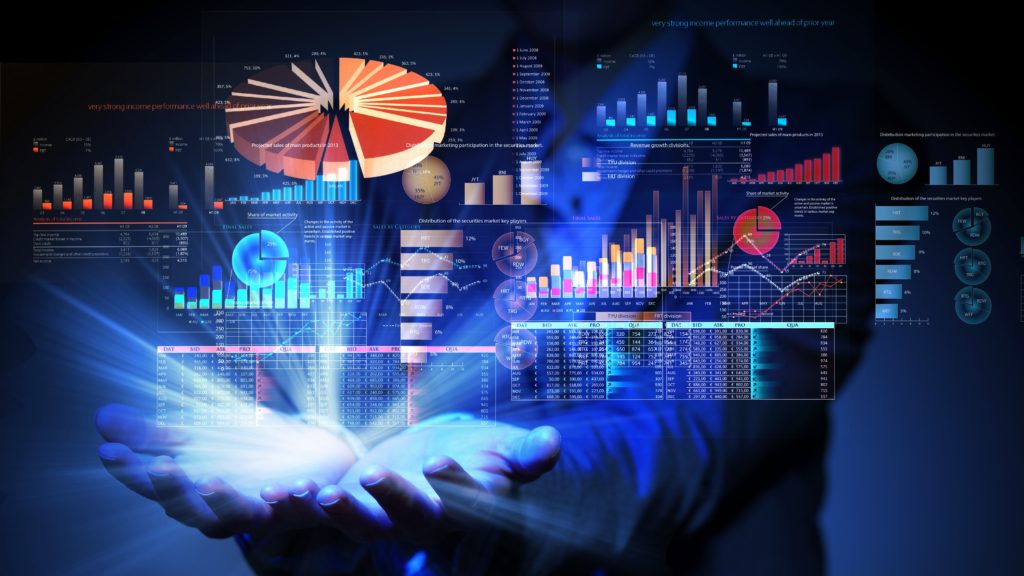
What is data? Data is information that adds knowledge and thus reduces ignorance and uncertainty. Data is versatile and present everywhere, from meaningless binary forms at the heart of a computer to meaningful in a management information system. Data runs through a corporate network, the Internet, middleware and software applications. It is a basic ingredient of many computer applications.
We’re creating more data than ever before, we’re expected to produce 40 zettabytes of digital data worldwide this year. One zettabyte stands for a thousand exabytes, an exabyte is a thousand petabytes. A petabyte is a thousand terabytes, and a terabyte stands for a thousand gigabytes. According to ‘EMC Digital Universe’, there is so much data in circulation to create a stack of tablets, each with a storage capacity of 128 GB, with a height equivalent to 6.6 times the distance from Earth to the moon.
All this data improves the quality of our lives. From social media posts to energy-efficient buildings, Google’s data-centric model, music lists on spotify, traffic flow analysis via GPS systems and smart city’s. But also think of the indispensable role of data within disease control or a blackbox in cars and airplanes. For example, there are countless examples where data makes progress and revolutionizes our daily lives.
However, the biggest challenge now is to keep thinking about what we need to do with all this information, to continue to make social and business improvements.
In addition to our ERP software, we offer a Business Intelligence (BI) solution. BI can be described as the process of turning data into information, which should then lead to knowledge and incite adequate action. Some features of our BI software:
- Detailed insight into the revenue of a product;
- Gross – net sales and margin per customer and customer groups;
- Performance determination of suppliers;
- Margin result per lot – shipment;
- Understanding the cost of claims and waste;
- Overview of the consumption and use of packaging;
- Cost analysis by cost type;
- Overview of volume processed per production location;
- Performance yield grower – field;
- KPI’s per department;
- Budget control;
- To be able to compare periods;
- Predictive commercial analyses;
- Up-to-date dashboards every day.
Not only the top management and the management layers below it use BI software, BI also helps employees in making the right decisions. BI aims to create a competitive advantage and make organizations work smarter. The question is not whether BI can be a valuable tool for your company, but how and when you use it.






